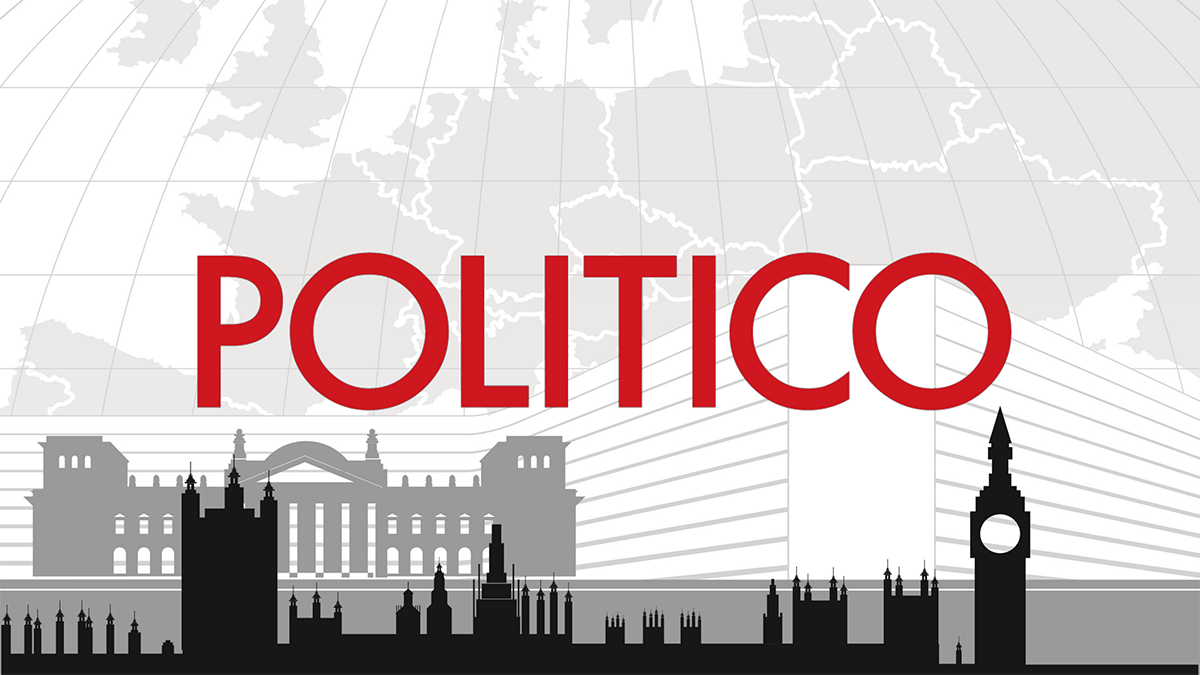

As we delve into the diverse movements shaping today’s global economic landscape, several key developments highlight the ever-evolving nature of international trade, corporate performance, and monetary conditions. In this cohesive synthesis, we will explore steady inflation rates in the Eurozone, newly imposed tariffs by the United States, and shifts in earnings for prominent companies like Santander Totta and Jerónimo Martins.
Beginning with the Eurozone, inflation remains steady at 2 percent for July, a notable achievement aligning with the European Central Bank’s target. This balance results from rising food prices, which effectively offset declining energy costs. The steady inflation rate could be pivotal in influencing the European Central Bank’s decision to maintain current interest rates, which may support continued economic stability across Europe. In an environment frequently challenged by economic fluctuations, such stability is a welcome development that may signal positive momentum for the region’s fiscal health.
Meanwhile, in the realm of international trade, U.S. President Donald Trump has introduced a sweeping set of tariffs with significant potential implications for global economic relations. Targeting imports from numerous countries, including some of the world’s less economically fortunate, these tariffs range from 10 percent to an impactful 41 percent. While the measure is intended to reshape the global economic landscape, it accompanies a 90-day extension for tariff impositions on Mexican goods, hinting at potential avenues for negotiation and compromise. This move comes as part of a broader strategy to recalibrate trading arrangements internationally, amid ongoing discussions and varying diplomatic responses.
Transitioning to corporate performance, notable shifts can be observed in the earnings announcements from major companies like Santander Totta and Jerónimo Martins. Santander Totta reported an 8 percent decline in profits during the first half of the year, amounting to 503.9 million euros. This decrease was largely attributed to a reduction in interest rates, impacting the bank’s interest income. Despite this, the institution remains a significant player in the banking sector, with potential strategies under consideration to adapt to the evolving interest rate environment.
Conversely, Jerónimo Martins, a major player in the retail sector, experienced a positive trajectory with a net profit increase of 6.6 percent for the first half of the year, reaching 269 million euros. A significant contributor to this growth was the successful expansion of its Biedronka operations in Slovakia, highlighting the corporation’s strategic focus on international expansion and market diversification. This demonstrates the potential for growth and profitability in emerging markets, reinforcing Jerónimo Martins’ robust standing in the competitive global retail landscape.
Each of these stories reflects broader economic dynamics that influence countries and corporations in unique ways. As the world navigates these shifts, the interplay of stable inflation, strategic trade decisions, and corporate adaptability will undoubtedly continue to shape the global economic narrative. Through careful consideration and mindful engagement with these developments, stakeholders may find opportunities to foster resilience and growth in an ever-changing world economy.
Source: {link}
